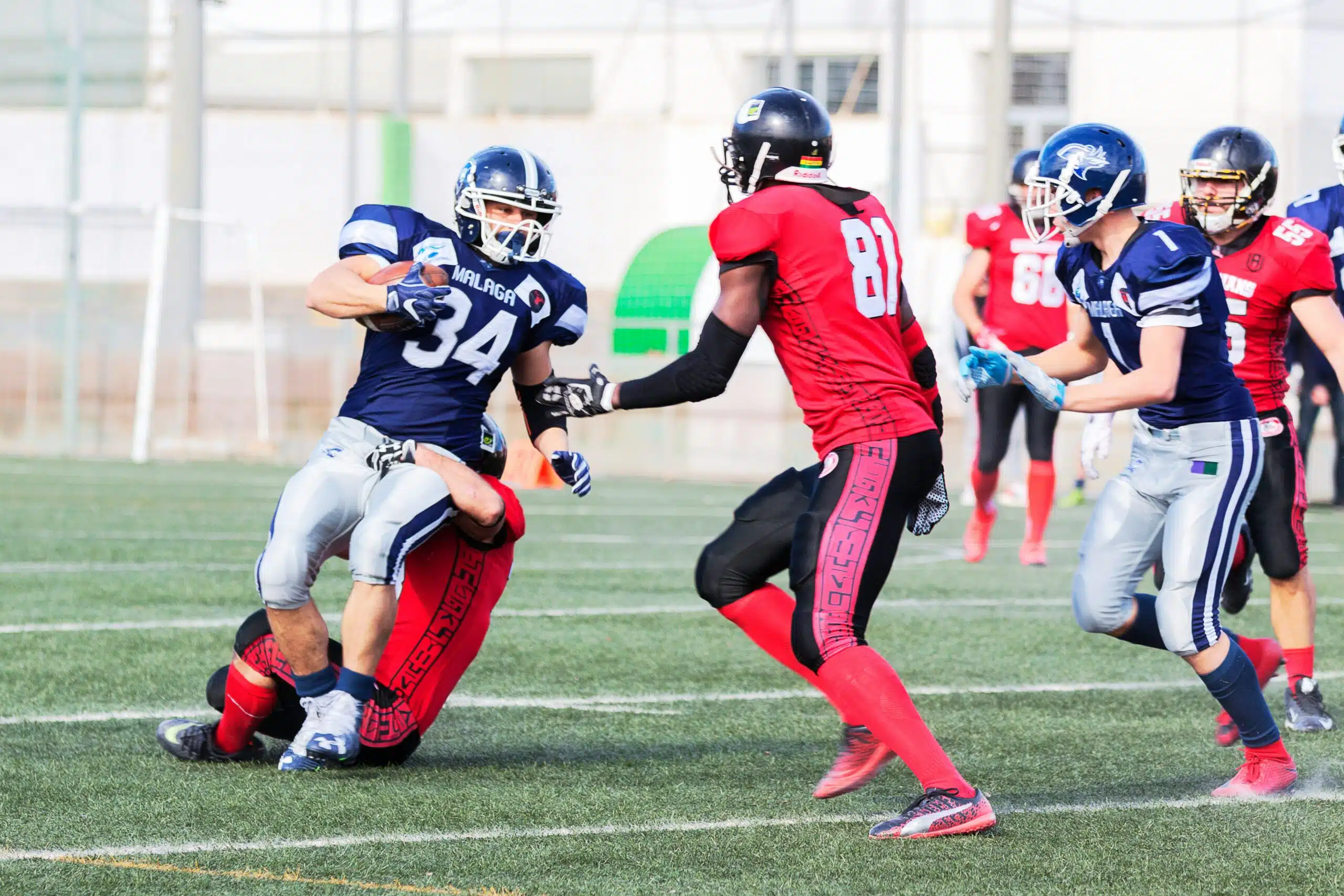Anyone who follows college football probably knows about the Nico and Madden Iamaleava sagas. Nico Iamaleava was a 2024-25 playoff star quarterback for Tennessee with a Name, Image and Likeness (“NIL”) package worth $2.4 million, but ultimately unhappy. He announced on April 20, 2025, that he would be transferring to the UCLA Bruins (which, incidentally, caused the Bruins’ QB to transfer to Tennessee). According to media reports, Nico Iamaleava will get more than $1.5 million in NIL payments from UCLA, but less than the amount that Tennessee was set to pay him in 2025-26. See the ESPN media report here.
Madden Iamaleava was originally pledged to UCLA, but switched at the last minute to Arkansas during the 2024 recruiting season. He reportedly received $500,000 in NIL payments through the Arkansas program for a one-year deal, but, ultimately, he was unhappy, too. He is leaving early and will now be transferring to UCLA to join his brother, with about half of his one-year deal unfinished. See the media report here. Both Tennessee and Arkansas are reportedly considering legal action based on breach of the NIL contracts.
Some legal lessons
The sagas of the Iamaleava brothers highlight some legal lessons for college athletes and NIL deals. First, the money is real, and the schools are willing to pay and willing to negotiate. It is reported — but also denied — that Nico’s representatives wanted an increase in NIL payments to $4 million. If those sorts of numbers are being discussed, then, likely, at least a few top-tier athletes are getting those kinds of payments.
Second, off-season re-negotiations are happening, even if there are few media reports about it. This is just part of the new college football system.
Third, the NIL contracts are also real. Athletes signing NIL contracts should be fully aware of what is included. The Madden Iamaleava NIL contract reportedly contains a provision for a return of NIL monies if the athlete does not complete the full contract. Reports indicate that Arkansas believes it is entitled to a return of $200,000 or so of the $500,000 paid. As some are reportedly saying, “suing college athletes is a bad look,” but for this kind of money, lawsuits will eventually be filed. Likely, matters will be settled to avoid too much bad publicity. Also, likely, schools and conferences will get involved, and unofficial rules will be put in place to handle situations like this. In other words, UCLA might agree to handle the “money problem.”
Fourth, college athletes and their representatives are going to need experienced and talented legal assistance with these NIL contracts.
Fifth, school and conference rules are important now and will become even more important in the future. For example, the SEC Conference does not allow an athlete to pay immediately if there is a within-conference transfer. Thus, neither of the Iamaleava brothers could have played this year if they had gone to an SEC school. Thus, none of the SEC schools were “in the running” for the services of either of the Iamaleava brothers. This has been a long-time SEC rule, so it is probably not subject to legal challenge.
Contact the NIL Rights and Esports Attorneys at Revision Legal
For more information, contact the experienced NIL and Esports Lawyers at Revision Legal. You can contact us through the form on this page or call (855) 473-8474.




